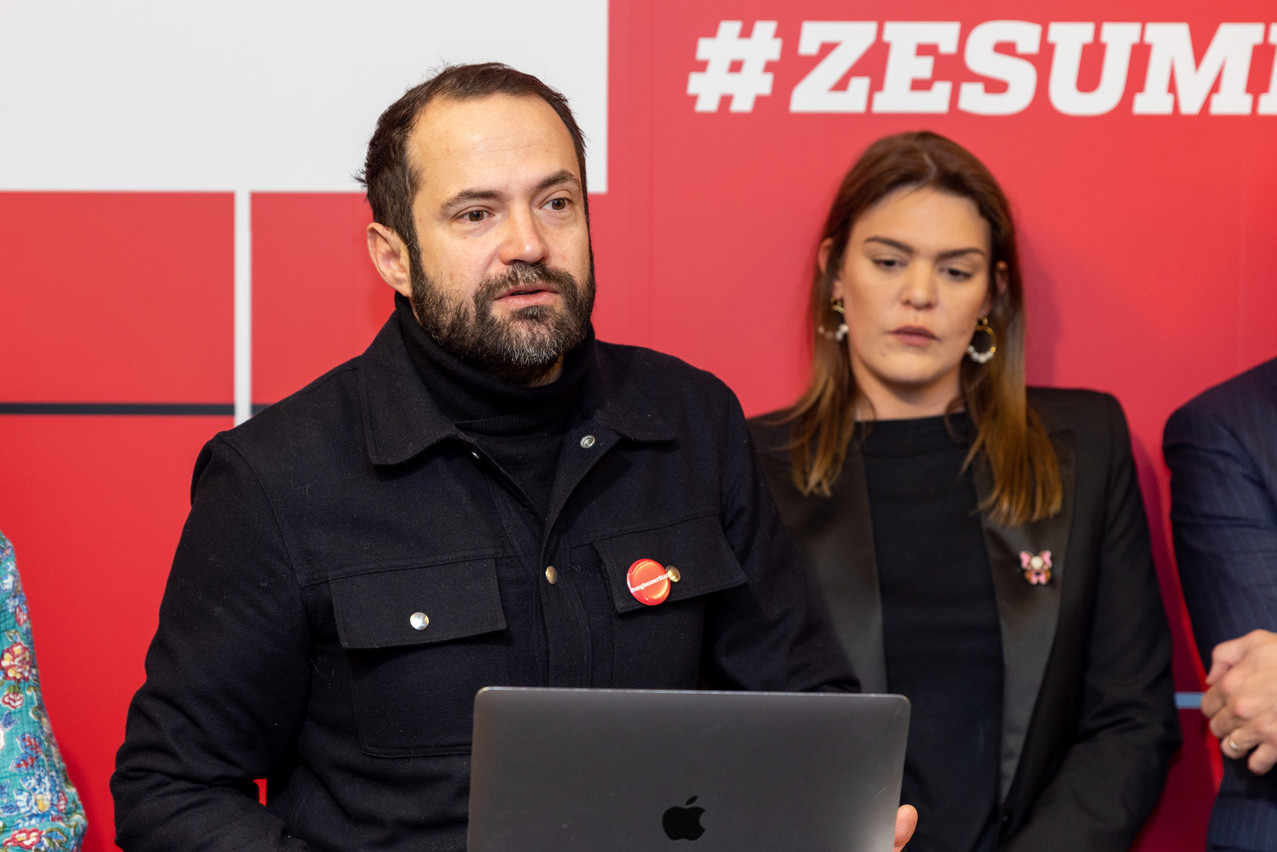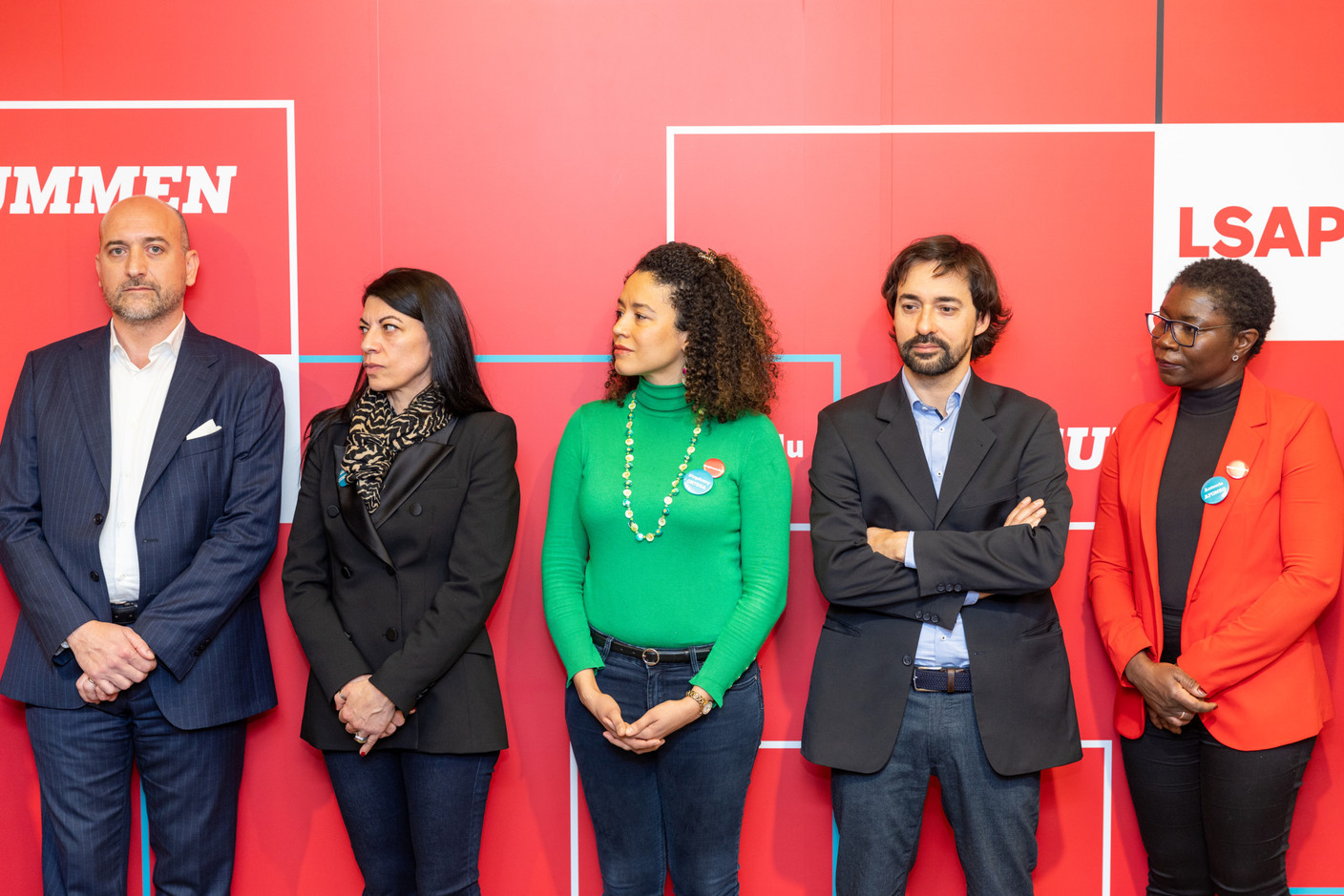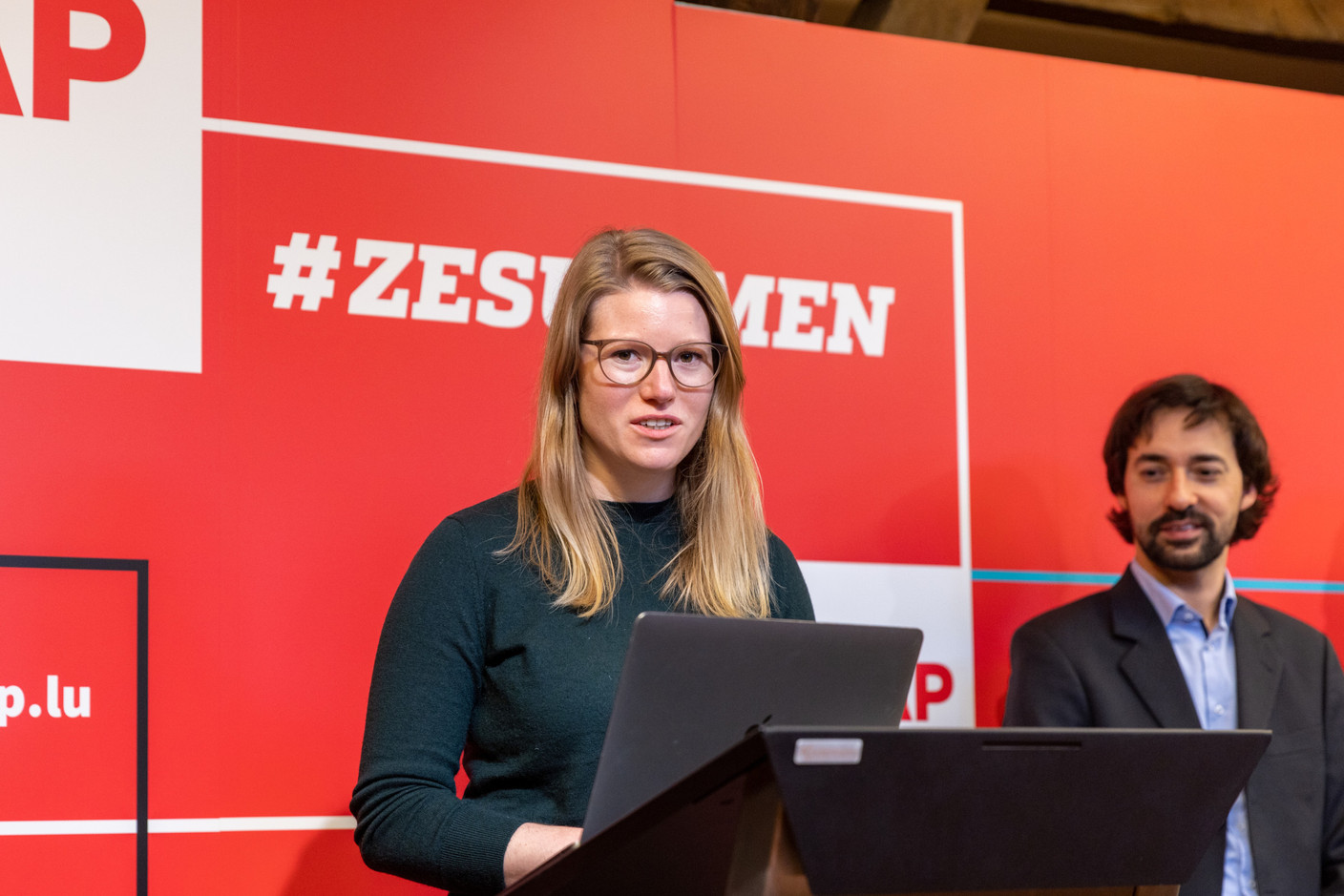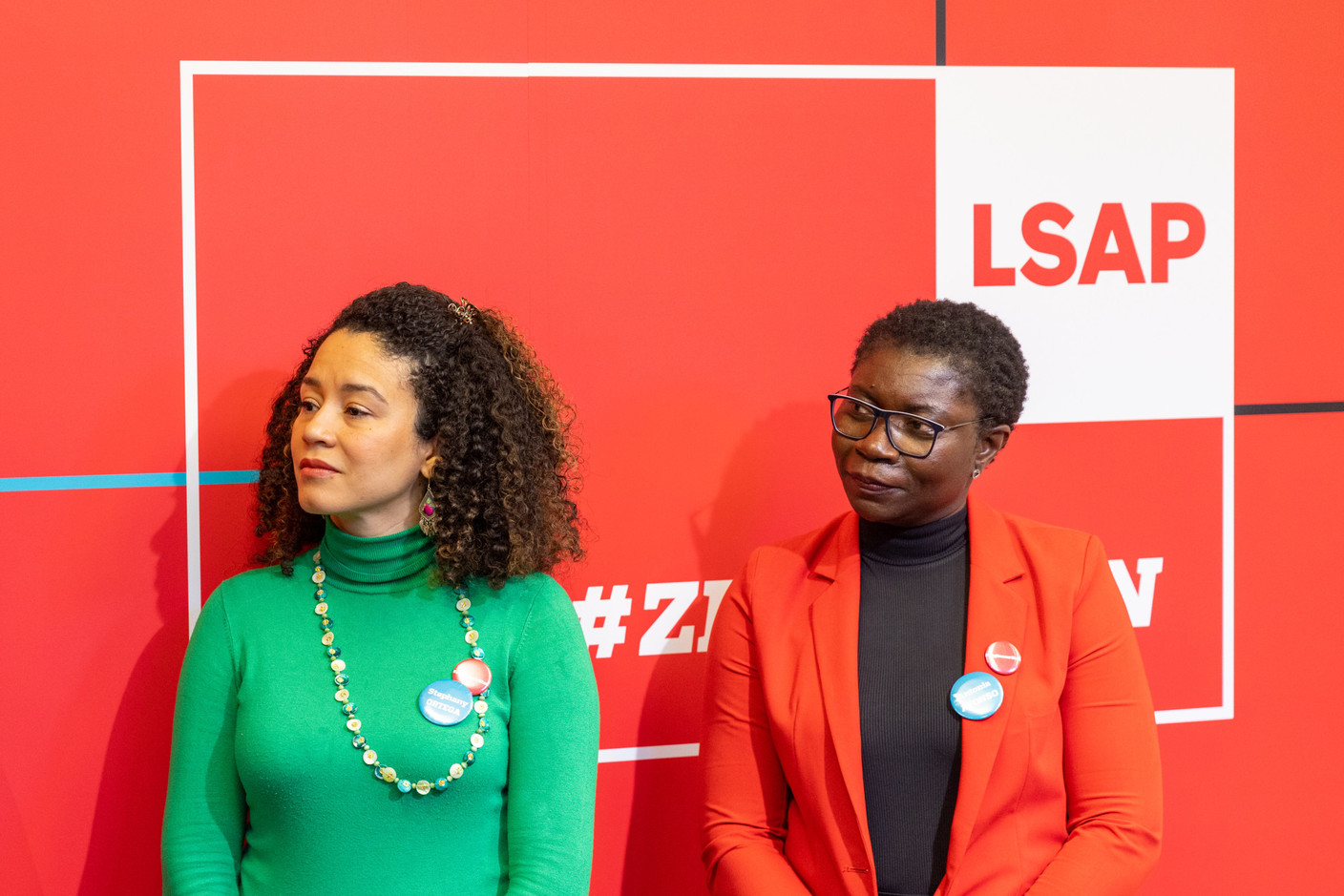“We have to do something for foreigners, we are not just here to work,” declared Antonia Afonso, Guinean candidate for the municipal elections of the LSAP section of the City of Luxembourg, during a press conference of the Stater Sozialisten on the democratic deficit in the capital.
The observation is simple: out of a population of 132,778 inhabitants, 71% are foreigners (more than 94,000), while less than 30% are Luxembourgers. However, although foreigners living in the capital can now vote in local elections as soon as they settle in the country, only 7% have registered (i.e., less than 7,000 people).
The cause? A lack of will on the part of the DP-CSV coalition in power. “We need an invitation to vote and information, which is not provided by the City of Luxembourg,” deplores the co-head of the LSAP list, . Especially since “you should not start the exercise six months before the elections, but do it for years, otherwise it has no effect,” adds his partner Maxime Miltgen.
Declaration of intent
The problem is all the more difficult to solve because it is a vicious circle that is difficult to break. “The majority of the population is made up of young foreign workers, but when you look at the political representation in the city, it is clear that they are under-represented, or not represented at all,” says Boisante. And yet, “to participate in the elections, you have to feel represented,” he adds.
Though there is a lot of talk about including foreigners, it is “more a declaration of intent than a desire for results” on the part of a majority that is seeking the status quo, worried about the expansion of an electorate that could jeopardise its return to power, according to Boisante.
The LSAP, whose campaign slogan is #engbesserStad, “a better city,” intends to change this state of affairs, with . He has presented a list with this in mind: average age of 43, 11 women and 16 men, and mainly French, Portuguese, Italian, German, Spanish, Slovakian, Guinean and Dominican candidates.
“Many feel alone”
These are personalities who have themselves experienced this feeling of not being represented. “The city is rich in nationalities, but many people feel alone,” says Stephany Ortega, a Dominican citizen who became a Luxembourger. “How can we create links without cultural centres in all the neighbourhoods?” asks the music teacher, for whom culture and sport are essential.
“Those who contribute to the wealth of this country are not represented,” deplores Italian-Luxembourgish Andrea Gentilini, employed at the CSSF after 15 years in the financial sector. “We must not neglect these people who work,” he says. Boisante calls on the City not “to do more, but the maximum” on the subject. “It’s a missed opportunity if we’re satisfied with 7%,” he says.
This story was first published in French on . It has been translated and edited for Delano.






